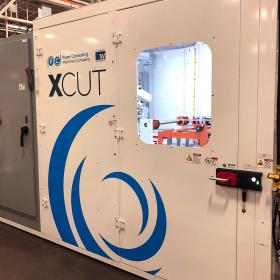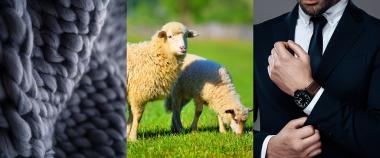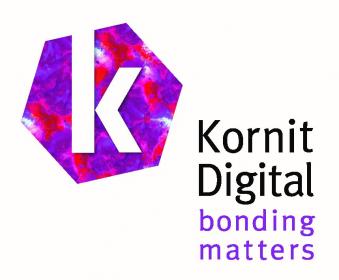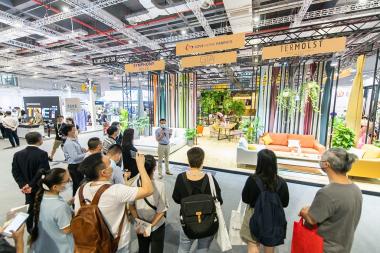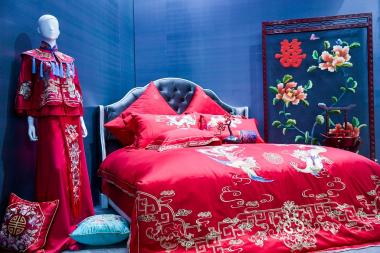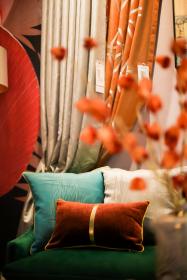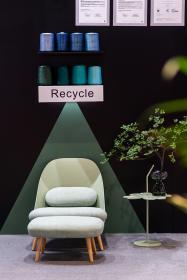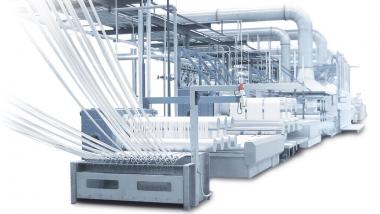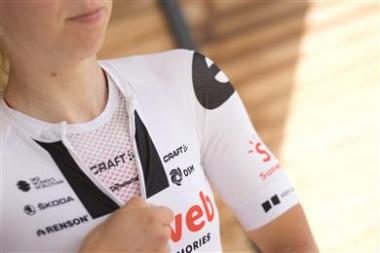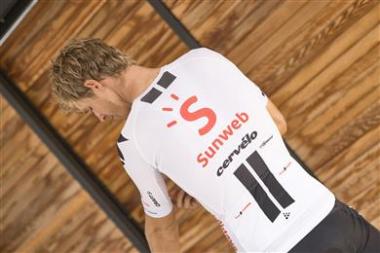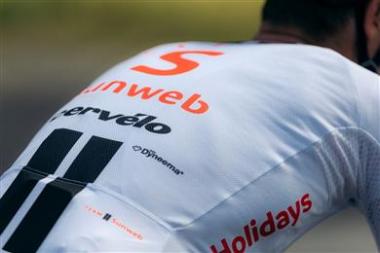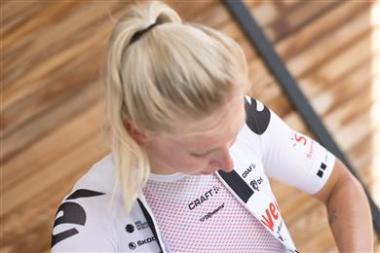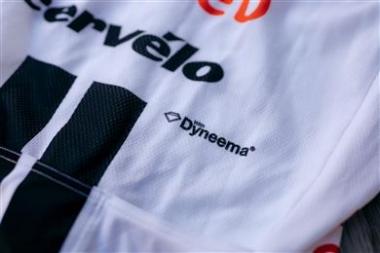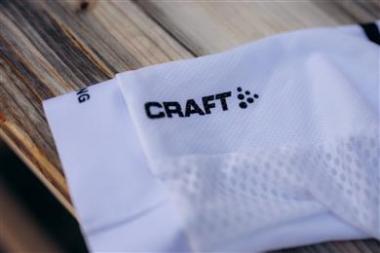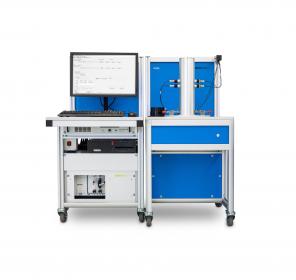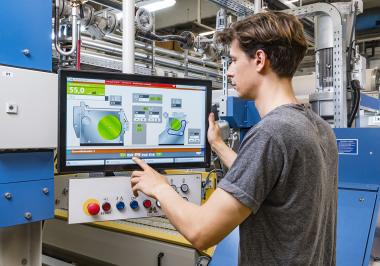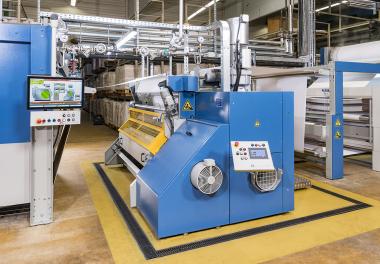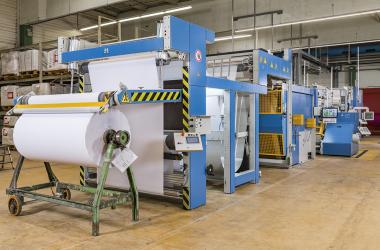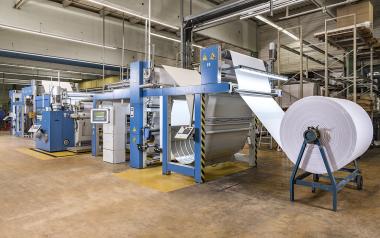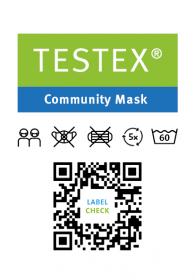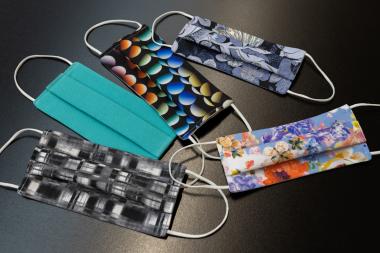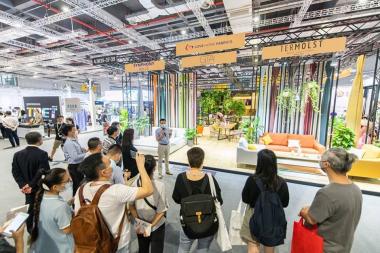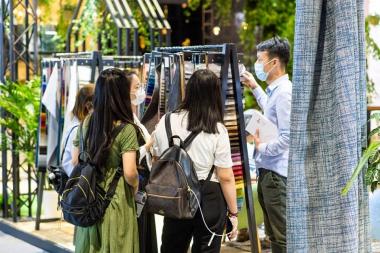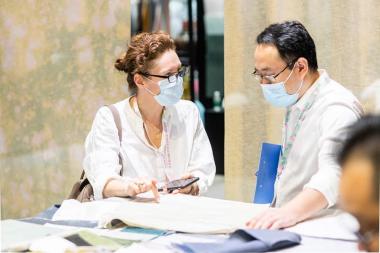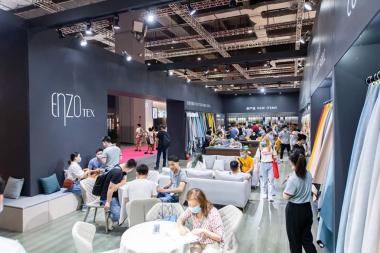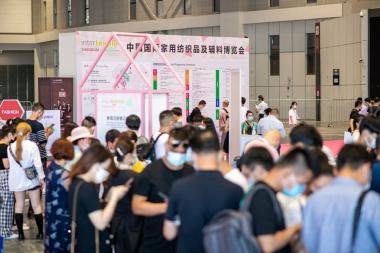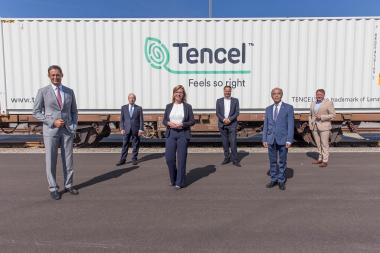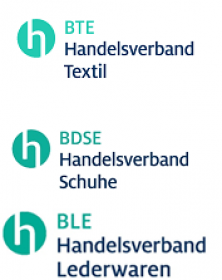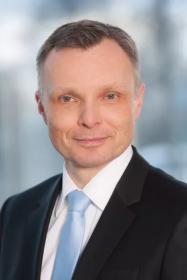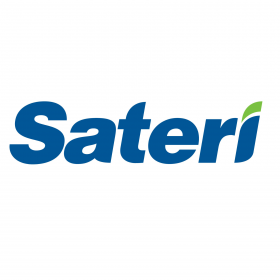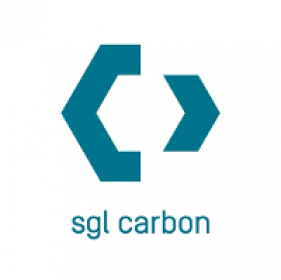Milano Unica: Iluna Group presents the FW 21-22 collection
- Trust the vibes, energy doesn’t lie!
Advanced design and sustainability, innovation, aesthetics and quality, made of “ethical” laces and tights of very high quality standards and a careful look at fashion. Iluna Group, strengthened by this heritage, with a smart approach, carefully selected materials, know-how on processes and particular attention to the ecosystem, is a leader in its sector
With the FW 21-22 collection, Iluna Group focuses on design excellence aimed at perfection driven by this particular historical moment, in which preferring quality over quantity has become necessary: offering ever higher standards of quality is combined with the choice of reducing minimum waste in a way of working that becomes more thoughtful, studied, focused and less hectic.
The range of sustainable products expands by adding to the GRS certified Green Label, the BIOLINE, made with raw materials such as the precious ROICA™ V550 premium stretch fiber which belongs to ROICA Eco-Smart ™ family produced by Asahi Kasei able to combine elasticity and comfort and other benefits in terms of circular economy related to the health of materials, as demonstrated by the Gold Level Material Health Certificate by the Cradle to Cradle Product Innovation Institute, and by the world's first biodegradable polyamide 6.6 yarn AMNI SOUL ECO®, fibers that degrade completely in the environment under anaerobic conditions.
The exceptional natural dyes proposed are made with vegetable dyes extracted from various plants, with a color chart that now has 14 shades, all with solidity within the OEKO TEX® Standard 100 and all GOTS certified. No chemical product is used for the dyes, including the softening finish, for which an equally natural product is used.
All the products of the Iluna Group collections can be made in a recycled or organic variant.
Iluna Group participates to Milano Unica and digitally at all sector fairs, a new way of communicating that together with the use of social media - accompanied by the launch last year of the official website and e-commerce with all the collections and the ilunamasks.com site dedicated to the sale of the exclusive Iluna masks - it can be transformed from a necessity to a great resource and an opportunity to enhance a 360° sustainable attitude. Iluna, even before the pandemic, has always considered the sustainable aspect a priority in its work and now, in the light of this new landscape, the many years of experience gained benefits the company by pushing it to place itself more and more as a precursor of sustainable innovation.
The constant commitment to responsible solutions makes Iluna Group the only lace manufacturer to use - since 2017 - transformed stretch in the entire range of its elastic laces. Iluna Group excellence is based 100% on responsible innovation, guaranteed by the most important certifications. The creation of smart lace, strictly Made in Italy, is also Global Recycled Standard (GRS) certified. Today Iluna is a reference point for international markets and boasts products with OEKO-TEX® Standard 100 certification.
GB Network Marketing & Communication







